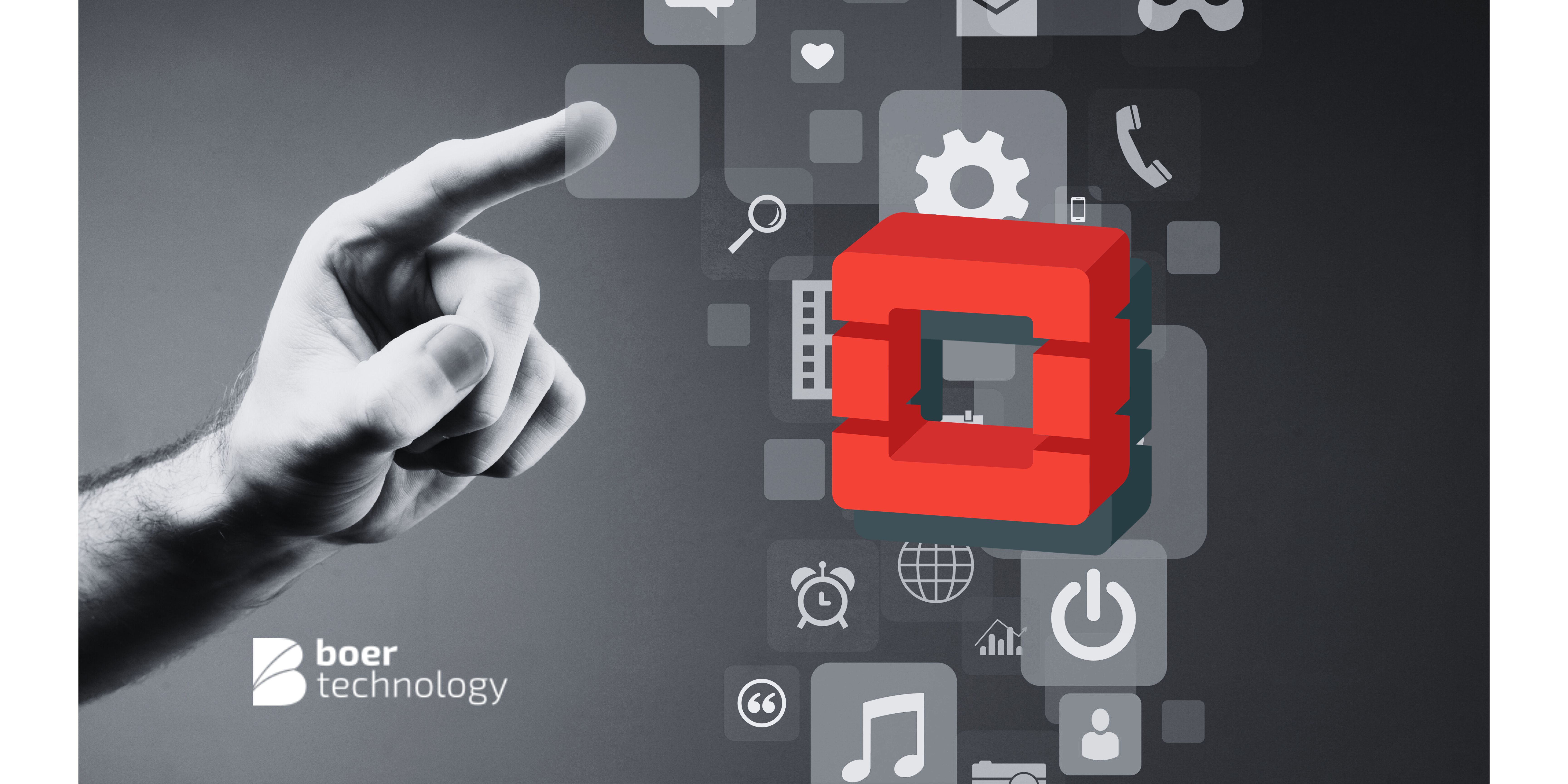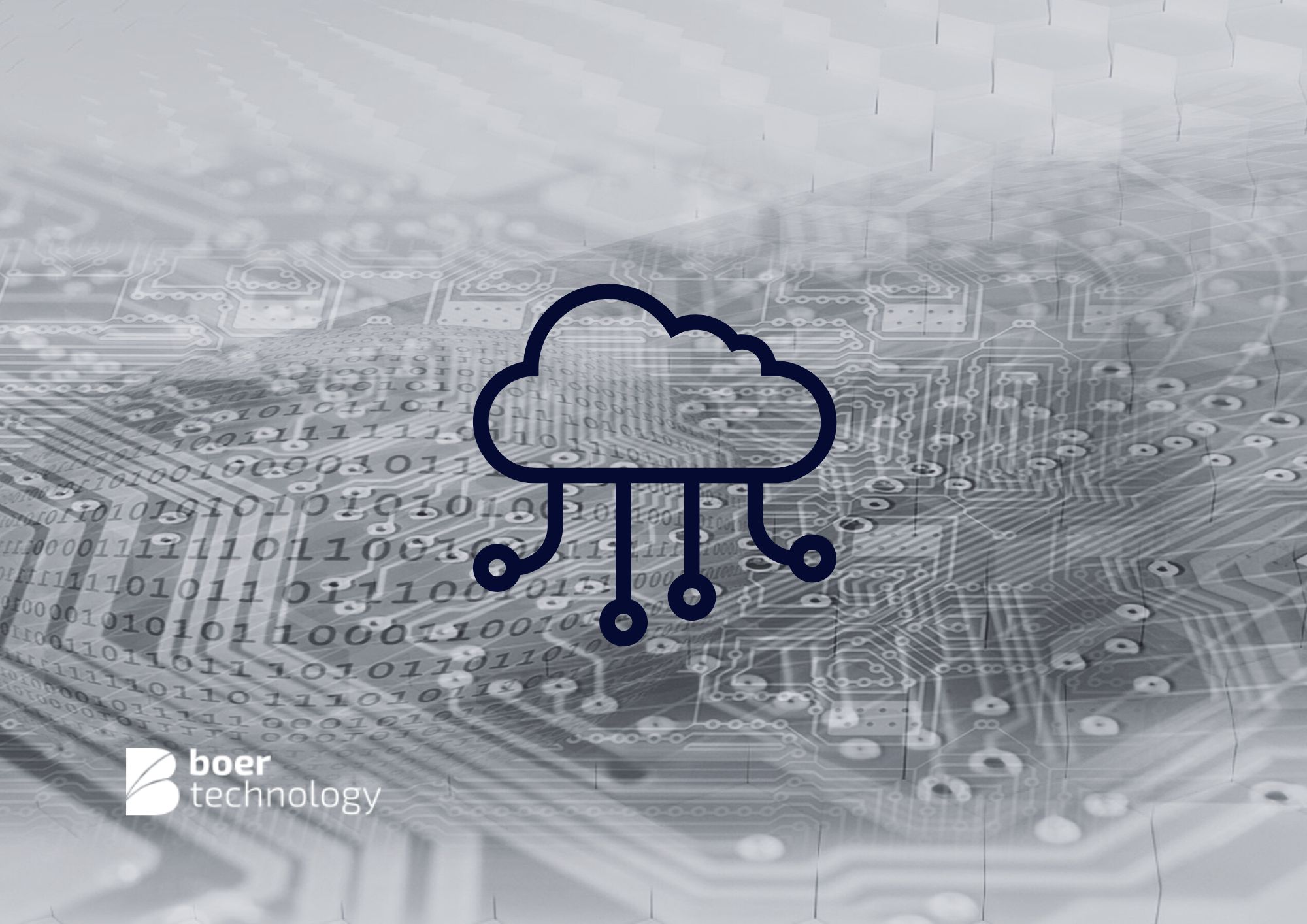Choosing between a private cloud and a public cloud platform is a significant decision for any organization looking to leverage cloud computing while maintaining robust security. The goal isn’t to pit one against the other but to understand the strengths and security features each offers. Both private and public clouds have their unique advantages and are suited to different use cases depending on your organization’s needs. In this article, we’ll explore how to make a secure choice between private and public clouds without falling into the trap of negative comparison.
Understanding Private Cloud Security
A private cloud is a cloud environment dedicated exclusively to a single organization. This exclusivity is a key feature that many organizations find appealing from a security perspective. Here’s why:
-
Control and Customization: With a private cloud, your organization has full control over the environment. This means you can customize the security protocols, network configurations, and data storage practices to meet your specific requirements. The ability to tailor these elements is particularly beneficial for organizations in highly regulated industries, such as finance or healthcare, where compliance with strict security standards is essential.
-
Isolation: Since the infrastructure of a private cloud is not shared with other tenants, the risk of data breaches through shared vulnerabilities is minimized. This isolation provides a layer of security that can be crucial for businesses handling sensitive data.
-
Compliance and Governance: For organizations that must adhere to stringent regulatory requirements, a private cloud can offer a more controlled environment that simplifies the process of demonstrating compliance. The ability to enforce internal governance policies rigorously can be a significant advantage.
Understanding Public Cloud Security
A public cloud, on the other hand, is a multi-tenant environment where resources are shared among multiple users. While this might seem like a disadvantage, public cloud platforms have evolved to offer security features that are on par with, and sometimes exceed, those of private clouds. Here’s why:
-
Advanced Security Features: Leading public cloud providers invest heavily in security, often more than any single organization could afford. They offer advanced security features, such as AI-driven threat detection, real-time monitoring, and automated patch management. These features help protect against a wide range of security threats and ensure that security updates are applied promptly.
-
Scalability and Flexibility: Public cloud platforms are designed to scale easily, and this scalability comes with security features that adjust as your needs grow. For instance, as your data volume increases, so does the ability of public cloud providers to secure it through encryption and other protective measures.
-
Compliance Support: Public cloud providers are increasingly offering compliance certifications and tools that can help organizations meet regulatory requirements. These tools can simplify the process of achieving and maintaining compliance, particularly for global organizations that must adhere to multiple regulatory frameworks.
Key Considerations for Security
When deciding between a private and public cloud, consider the following factors to ensure you choose the most secure platform for your needs:
-
Data Sensitivity: Assess the sensitivity of the data you will be storing and processing in the cloud. For highly sensitive data, a private cloud might offer the level of control and customization needed to ensure its security. However, public clouds now offer encryption and security services that can adequately protect sensitive information as well.
-
Compliance Requirements: Determine the regulatory requirements that your organization must comply with. If your industry has strict compliance standards, a private cloud might make it easier to enforce and demonstrate compliance. However, public clouds often provide built-in compliance tools and certifications that can also meet regulatory needs.
-
Budget and Resources: Consider your organization’s budget and the resources available for managing the cloud environment. A private cloud can offer greater control but requires a higher investment in infrastructure and management. Public clouds, while shared, can offer cost-effective security at scale, often with less management overhead.
-
Business Goals and Growth: Reflect on your business goals and how your cloud needs may evolve. If you anticipate significant growth, a public cloud might provide the flexibility and scalability required, along with robust security features. Conversely, if your focus is on maintaining a controlled and isolated environment, a private cloud might be the better choice.
Conclusion
Choosing between a private cloud and a public cloud for security is not about determining which is superior, but about identifying which platform best aligns with your organization’s needs. Both private and public clouds offer strong security features, and the right choice depends on factors such as data sensitivity, compliance requirements, budget, and future growth plans. By carefully considering these factors, you can select a cloud platform that provides the security your organization requires, without compromising on other critical aspects such as scalability and cost-efficiency.
Read Also: Debunking Security Myths in Cloud Computing
Read Also: How to Ensure Your Cloud Environment is Secure



